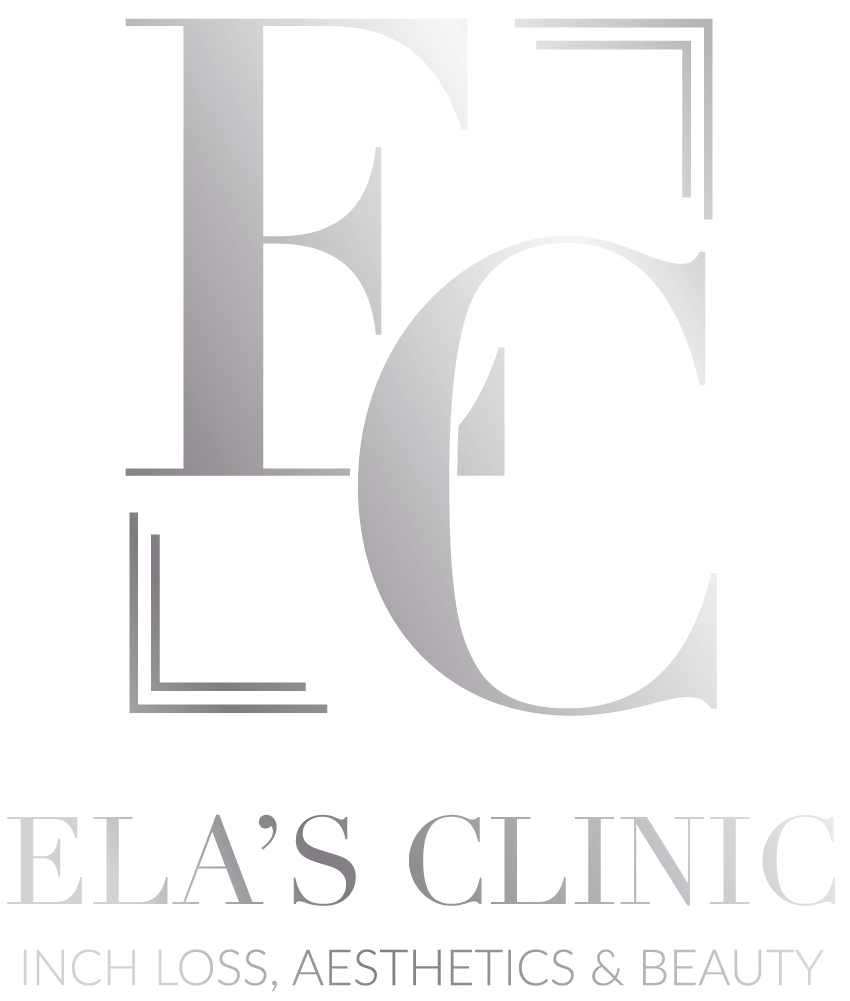More than just scar therapy! This targeted treatment helps improve the appearance of different types of scars and stretch marks, addressing both their structural and colour aspects. It is a therapeutic and aesthetic treatment that can reduce scars, improve the facial oval, eliminate wrinkles, reduce discolouration, and tighten sagging skin.
Medical needling using the ScarInk technique is an efficient and safe procedure that involves the use of thin needles to create tiny punctures in the skin to smooth the scar tissue. These needles penetrate the skin, triggering the body’s natural healing response, which includes the production of new collagen and elastin fibres. This process helps improve the texture, tone, and elasticity of the skin.
The procedure effectively enhances the skin’s condition by stimulating collagen production. It eliminates oedema caused by adhesions or tissue contractures, resulting in thicker and noticeably smoother skin. It also restores a healthy, uniform colour to the treated area.
This treatment can be used to fix scars on the face and body. The procedure typically takes about an hour, and the recommended number of treatments varies depending on the client’s needs. Optimal results are usually achieved after several treatments in a series, with intervals of 4–6 weeks between each session.
We recommend it for…
- Postoperative, post-surgical, and post-traumatic scars
- Stretch marks
- Burns
- Acne scars and discolouration
- Chickenpox scars
- Wrinkles and fine lines
- Sagging, flabby skin
- Loss of the facial oval
Results
- Reduction of scars and stretch marks
- Skin density and elasticity improvement
- Lightening of discolouration
- Skin rejuvenation
- Collagen induction
- Even skin tone
- Smoothing wrinkles and fine lines
- Improved skin texture and tone
Contraindications
- Pregnancy and breastfeeding
- Active inflammation, skin infections or diseases
- Open wounds on the skin
- Couperose skin
- Keloid scarring
- Immunocompromised with delayed wound healing
- Recent use of isotretinoin (within the past six months)
- Unregulated diabetes or autoimmune disorders
- Cancer
